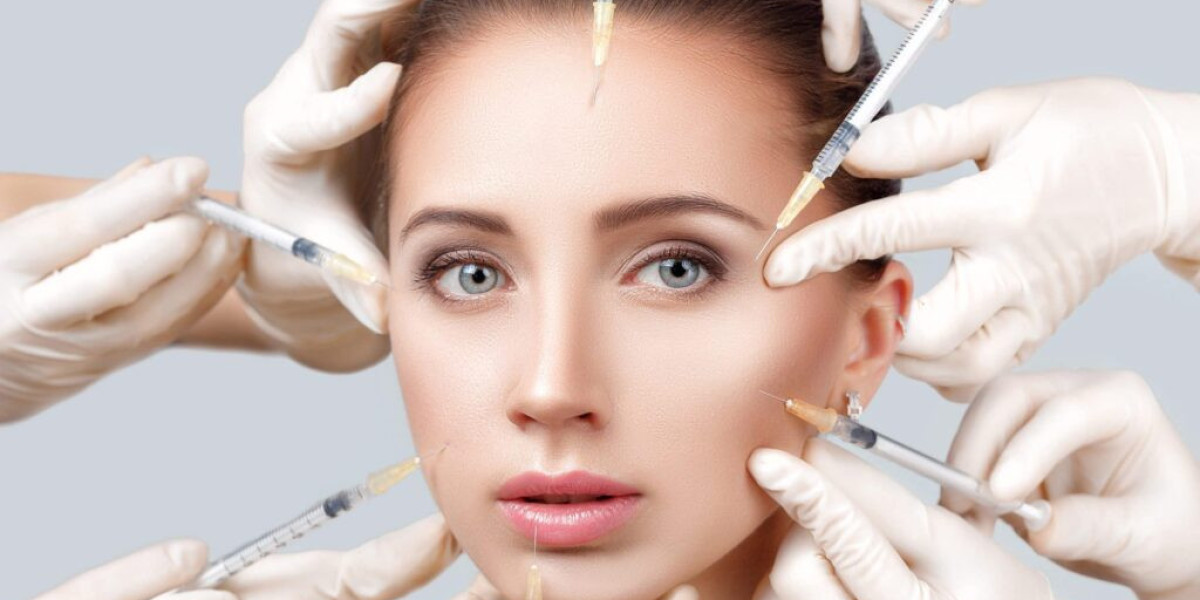Eczema is a common skin condition affecting millions of people worldwide. Though it isn’t contagious, no cure is still available for this skin condition. But the good news is that treatments are available to manage the symptoms. This skin condition usually causes dry and itchy patches of skin. Also, the symptoms of eczema can boost up if you come into contact with an irritant or an allergen.
So, if you are dealing with eczema and want to know more about it, including signs, causes, and treatment, you are at the right place. We have come up with this blog after consulting with Dr. Gulhima Arora at Mehektagul Derma Clinic. She is renowned as the best dermatologist in Delhi due to her proven success record with her patients. So, let’s start to comprehend about eczema more!
What Do You Understand By Eczema?
Eczema is a condition that causes your skin to become extremely dry, itchy, and bumpy. This skin condition can weaken your skin’s barrier function, which is responsible for helping your skin retain moisture and protect your body from outer elements.
Types of Eczema
There can be several types of eczema. Each type has unique triggers that can affect your skin’s barrier function, including:
- Contact Dermatitis
- Atopic Dermatitis
- Neurodermatitis
- Nummular Eczema
- Dyshidrotic eczema
- Seborrheic dermatitis
Who Is More Prone To Get Eczema?
Eczema can affect anyone at any age. Generally, the symptoms appear during childhood and last to adulthood. You are at more risk of having eczema in case of a family history or a diagnosis of:
- Dermatitis
- Hay Fever
- Asthma
- Allergies
Symptoms
Common symptoms of eczema include:
- Dry skin
- Itchy skin
- Skin rash
- Swelling
- Flaky, scaly, or crusty skin
- Bumps on your skin
- Thick, leathery patches of skin
Where Do Eczema Symptoms Appear On The Body?
Eczema symptoms can show anywhere on the body; the familiar places where it appears eczema are:
- Hands
- Neck
- Elbows
- Ankles
- Feet
- Lips
- Face
- Cheeks
- In and around ears
Less common places where eczema can occur are:
- Nipples
- Breasts
- Folds of your skin near your vagina
- Penis
Causes of Eczema
Various factors can lead to eczema including but not limited to:
- Immune system: your immune system may overreact to minor irritants and allergens
- Genes: you are more likely to get eczema if you have a history of eczema in your family
- Environment: Exposure to smoke, air pollutants, harsh soaps, low humidity, fabrics such as wool and some skin care products
- Emotional Triggers: High levels of stress, anxiety, and depression can lead to eczema
What Triggers Eczema To Trouble Your Skin?
What triggers you might not trigger someone else. Still, the most common triggers that flare up eczema are:
- Dry weather
- Makeup or skincare products
- Soap and detergents
- Stress
- Touching something you are allergic to
- Fabrics or clothing material
- Smoke and pollutants
Can Food Trigger Eczema?
The connection between eczema and food allergies is still unclear. But if you have food allergies, it is best to avoid those foods that may worsen your eczema symptoms. Examples of common allergies include:
- Peanuts
- Dairy
- Eggs
Eczema Treatment Methods
Topical Medication: Your doctor may prescribe you special creams with medicine to help your skin. So, make sure you put these creams on the itchy or red parys before using the lotion. Follow the instructions carefully; using too much can make your skin thinner.
Oral Medication: In some extreme eczema cases, the doctor may suggest that pills help with swelling and pain. These medications are meth-otre-xate, cyc-los-po-rine, my-co-phen-ol-ate, pre-dni-so-ne, and aza-thio-prine. But it would help if you only took these pills for a short time, not for a long time.
Light Therapy: When other treatments won’t work, and eczema keeps returning, your doctor may suggest light therapy. In this, your skin will be exposed to unique lights. Though this method can help, too much can make your skin age early or worse, which may also lead to skin cancer.
Wet Dressing: When eczema gets bad, doctors may use wet dressings. They will put particular medicine on your skin and cover it with wet and then dry badges. This will help the medicine to soak in and keep your skin from getting too dry.
Biologic Injections: Some people may get shots of medicine like tralokinumab if other treatments don’t work. Dupilumab and tralokinumab are safe, but it is recommended only people older than six should call the shots.
Lifestyle Changes And Home-Care
As eczema can only be controlled and not cured, making specific lifestyle changes can help you reach your goal. The tips you should follow are:
- Regular warm baths
- Use anti-itching cream
- Reduce your stress
- Use moisturizers and sunscreen
- Protect your skin from sun
- Stay away from foods that can flare up your eczema
- Use medicated shampoo
The Bottom Line
There is no cure for eczema, but you can effectively manage it with the right treatments. However, in some conditions, eczema can cause additional health complications such as infections and asthma or worsen skin. If you are dealing with eczema, you should talk to a dermatologist and plan your treatment effectively.
You can consult Dr. Gulhima Arora at Mehektagul Derma Clinic. She has over a decade of experience and is popularly known as the best skin specialist in Delhi. Till now, she has treated thousands of patients dealing with skin issues. Book your appointment with her and visit Mehektagul Derma Clinic in Delhi today!















